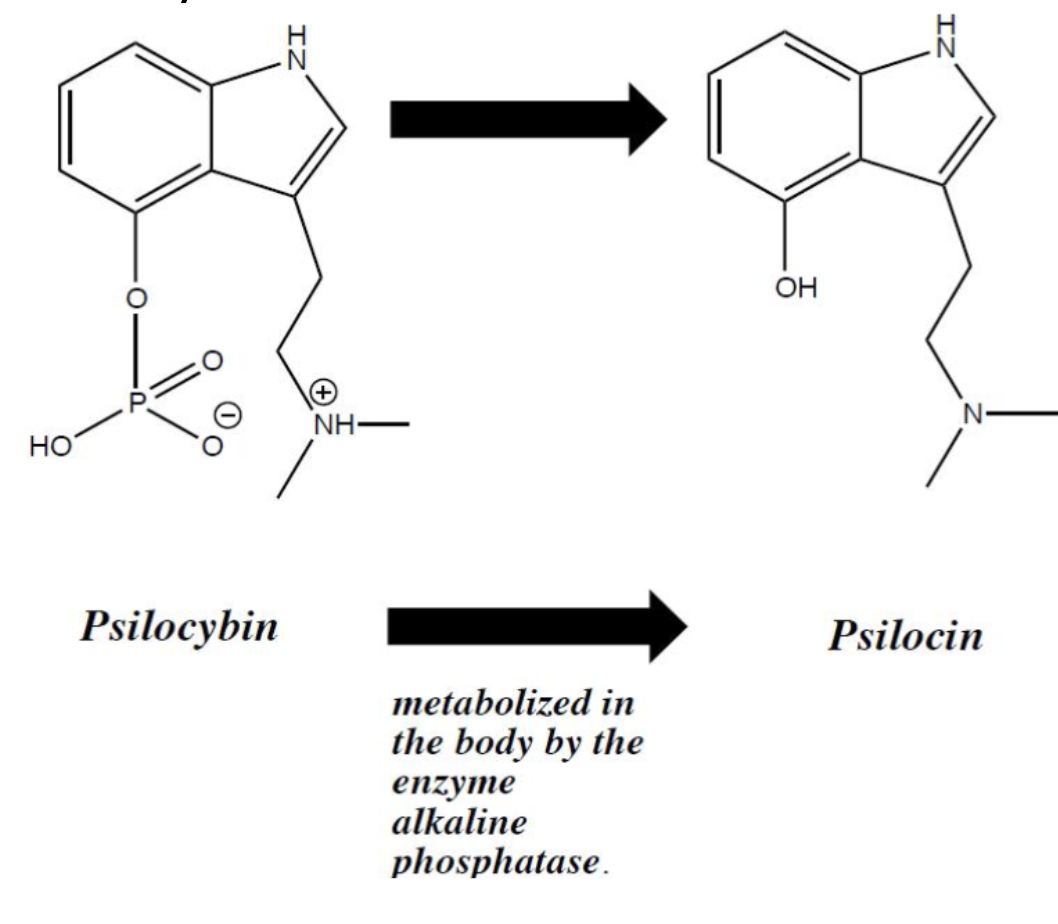How To Get Certified To Administer Psilosybin In Colorado

Imagine a sun-drenched meadow in the Colorado Rockies, wildflowers swaying gently in the breeze. A small group sits in a circle, sharing stories and insights, guided by a facilitator with a calm and reassuring presence. This isn't a scene from a fantasy novel; it's a glimpse into the potential future of mental health treatment in Colorado, a future where psilocybin-assisted therapy is a safe and accessible option for those who need it.
The path to becoming a certified psilocybin facilitator in Colorado is now unfolding, thanks to the passage of Proposition 122. This article provides a comprehensive guide to navigating the certification process, ensuring that individuals interested in providing this novel therapy are well-informed and prepared to meet the rigorous standards set forth by the state.
The Dawn of a New Era: Proposition 122 and Natural Medicine
Colorado's Proposition 122, also known as the Natural Medicine Health Act, marked a significant shift in the state's approach to mental health and wellness. Passed in 2022, it legalized the regulated use of certain natural medicines, including psilocybin, for therapeutic purposes. The initiative aims to create a framework for safe and ethical access to these substances, addressing the growing need for alternative mental health treatments.
The law established the Natural Medicine Advisory Board, tasked with advising the Department of Regulatory Agencies (DORA) on the implementation and regulation of the new system. This board plays a crucial role in shaping the standards for facilitator training, licensure, and ethical conduct.
Understanding the Regulatory Landscape
DORA is the state agency responsible for overseeing the licensing and regulation of psilocybin facilitators. They are currently developing the specific rules and regulations that will govern the entire process, drawing heavily on the recommendations of the Natural Medicine Advisory Board.
It's important to understand that the regulatory framework is still under development. Aspiring facilitators should stay informed about the latest updates and announcements from DORA and the Advisory Board.
Key Components of the Regulatory Framework
The emerging regulatory framework will likely address several key areas. This includes facilitator qualifications, training program accreditation, ethical guidelines for practice, and client safety protocols.
Furthermore, regulations will likely cover informed consent procedures, screening for contraindications, and guidelines for managing potential risks and adverse reactions during psilocybin sessions.
The Path to Certification: Education and Training
A cornerstone of the Colorado model is the emphasis on comprehensive training for psilocybin facilitators. The state aims to ensure that individuals guiding clients through these experiences are well-equipped to provide safe, effective, and ethical support.
Currently, there are no state-approved training programs, but this will change. DORA will be responsible for accrediting training programs that meet specific standards and curriculum requirements.
What to Expect from Accredited Training Programs
Accredited training programs are expected to cover a range of topics, providing a holistic understanding of psilocybin-assisted therapy. These include the pharmacology of psilocybin, potential psychological and physiological effects, and contraindications for use.
Training will also focus on essential facilitation skills, such as creating a safe and supportive environment, guiding clients through altered states of consciousness, and integrating insights gained during sessions. Ethical considerations, cultural sensitivity, and trauma-informed care will also be crucial components of the curriculum.
Eligibility Requirements: Who Can Become a Facilitator?
Specific eligibility requirements for becoming a certified psilocybin facilitator are still being finalized. However, some general expectations are emerging.
It is anticipated that candidates will need to be at least 21 years old and possess a high school diploma or equivalent. Background checks are also expected to be part of the application process.
Desired Qualities and Skills
Beyond the formal requirements, successful facilitators are likely to possess certain personal qualities and skills. Empathy, compassion, and strong interpersonal skills are essential for building trust and rapport with clients.
The ability to remain calm and grounded in challenging situations, coupled with excellent communication and active listening skills, will be invaluable in guiding clients through potentially intense emotional experiences.
The Application Process: Navigating the Bureaucracy
Once DORA establishes the application process, aspiring facilitators will need to gather the necessary documentation and submit their applications. This will likely involve providing proof of completing an accredited training program and passing a certification exam.
Detailed instructions and application forms will be available on the DORA website. It's essential to carefully review all requirements and instructions before submitting an application.
The Importance of Due Diligence
Given the sensitive nature of this work, applicants should expect a thorough review of their qualifications and background. Accuracy and honesty are paramount throughout the application process.
Any discrepancies or misrepresentations could lead to delays or denial of certification. Transparency and attention to detail are crucial.
Beyond Certification: Continuing Education and Ethical Practice
Certification is just the beginning of a lifelong journey of learning and growth for psilocybin facilitators. Continuing education will be essential for staying up-to-date on the latest research, best practices, and ethical considerations.
Furthermore, facilitators will be expected to adhere to a strict code of ethics, prioritizing client safety and well-being above all else. Regular supervision and peer support will also be important for maintaining professional standards and addressing any challenges that may arise.
Building a Community of Practice
The success of Colorado's psilocybin program will depend on building a strong and supportive community of practice. Facilitators will need to collaborate, share knowledge, and support one another in navigating the complexities of this emerging field.
Organizations like the Psychedelic Medicine Association and other professional groups can provide valuable resources and networking opportunities for facilitators.
The Future of Psilocybin Therapy in Colorado
The implementation of Proposition 122 holds immense potential for transforming mental health care in Colorado. By providing safe and regulated access to psilocybin-assisted therapy, the state could offer a lifeline to individuals who have not found relief through traditional treatments.
However, the success of this endeavor hinges on careful planning, robust regulation, and a commitment to ethical practice. Aspiring facilitators play a crucial role in shaping this future, embodying the values of compassion, integrity, and a deep respect for the transformative power of psilocybin.
The journey to becoming a certified facilitator will require dedication, perseverance, and a willingness to embrace ongoing learning. But for those who are called to this work, the opportunity to help others heal and find deeper meaning in their lives is an unparalleled reward.
As the sun sets over those Colorado meadows, casting long shadows across the wildflowers, the seeds of a new approach to healing are being sown. With careful cultivation and unwavering commitment, these seeds can blossom into a future where mental well-being is accessible to all.
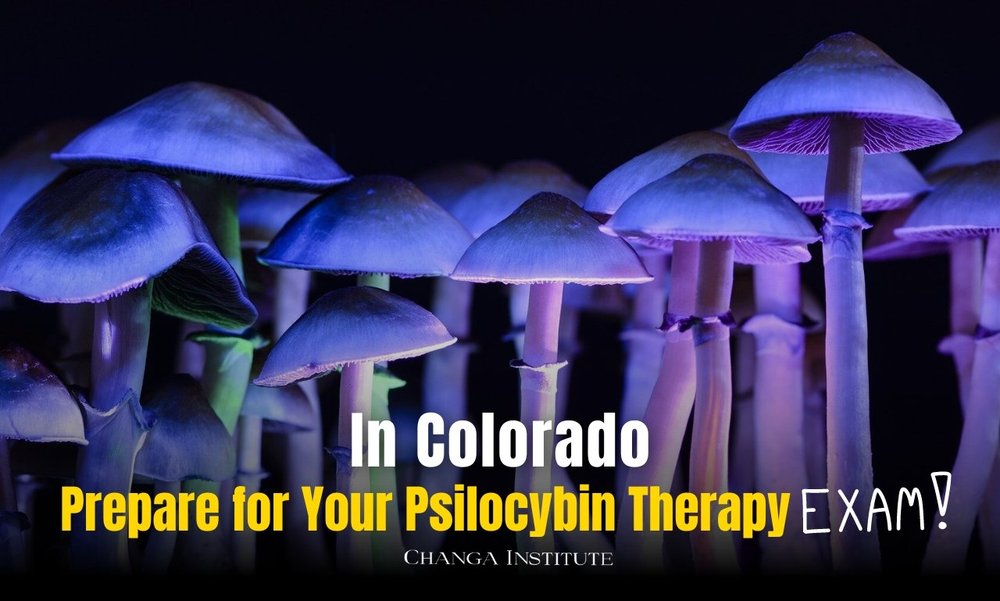
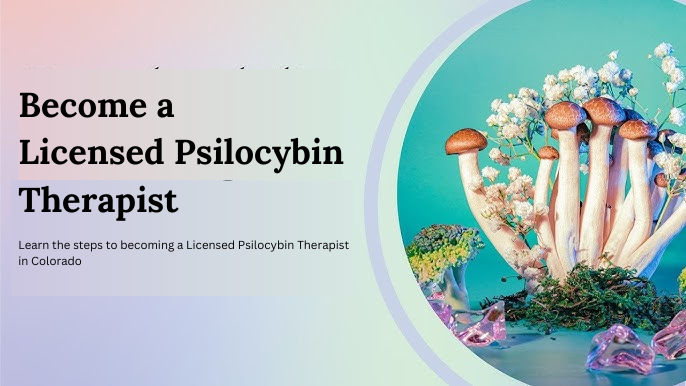



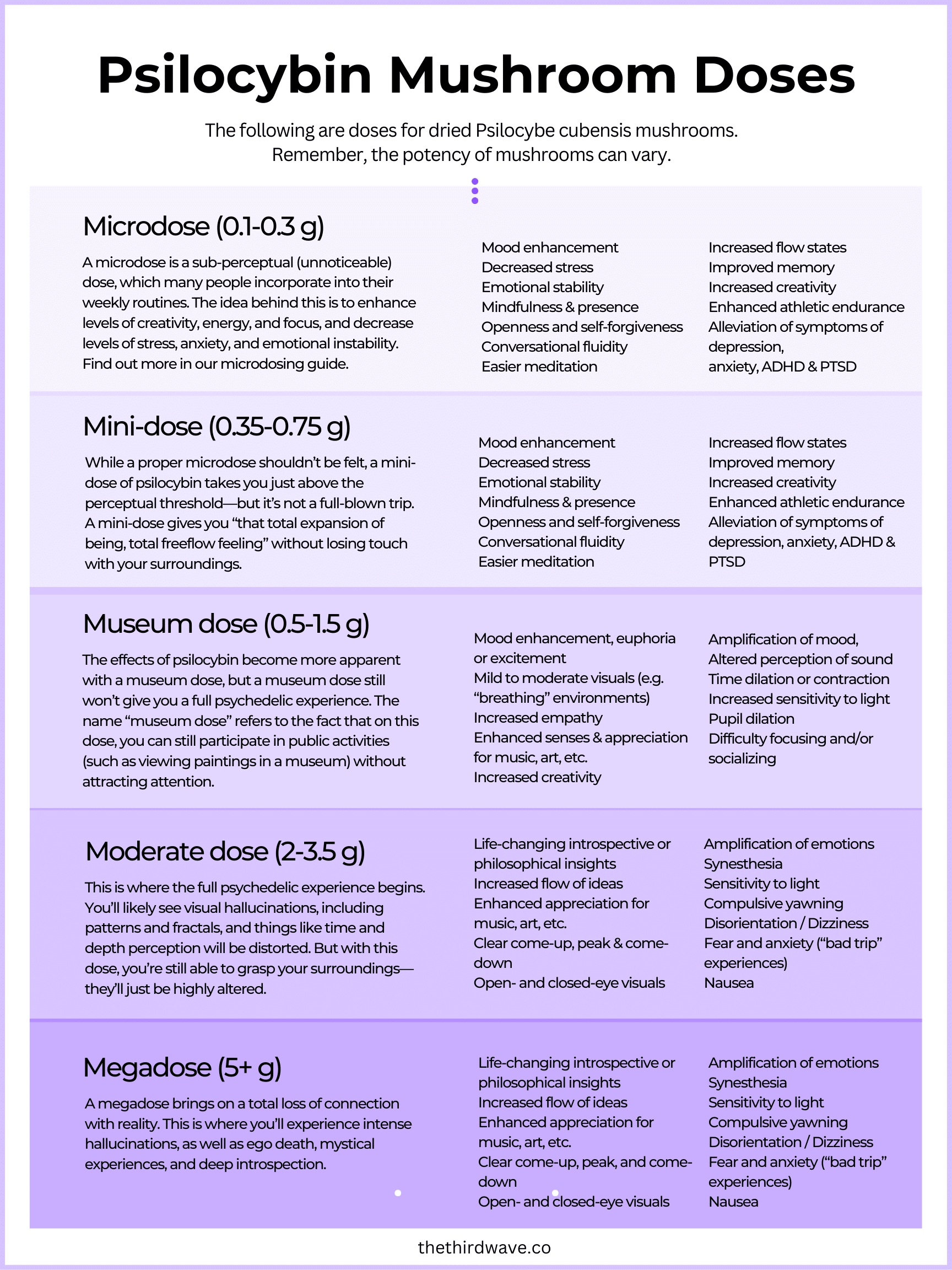
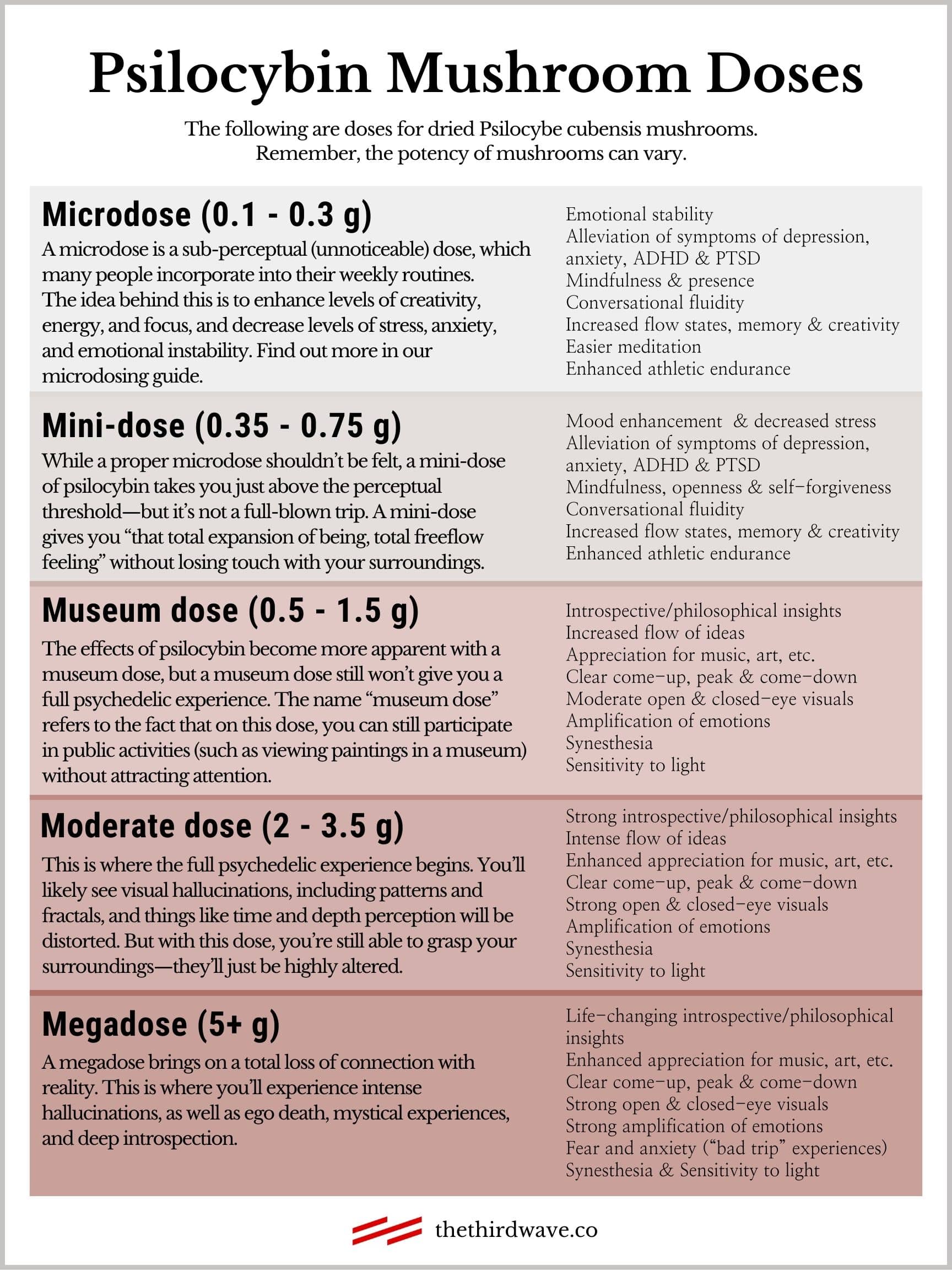







![How To Get Certified To Administer Psilosybin In Colorado How to Administer Ear Drops [+ Free Cheat Sheet] | Lecturio](https://cdn.lecturio.com/assets/Nursing_CS_Otic_Ear_Medication_Administration-02-1200x815.png)


